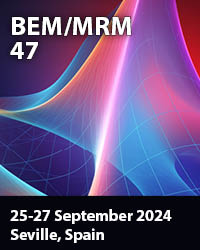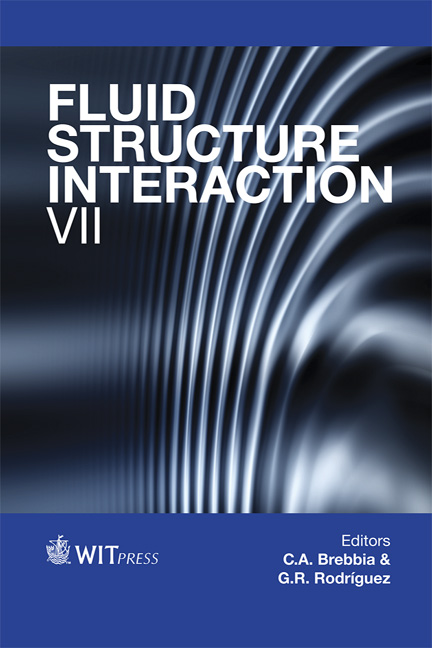Prediction Of Hydro-mechanical Behaviour In A Reactor Core With A Plate-type Fuel Assembly
Price
Free (open access)
Transaction
Volume
129
Pages
11
Page Range
179 - 189
Published
2013
Size
183 kb
Paper DOI
10.2495/FSI130161
Copyright
WIT Press
Author(s)
J. Choi & W. Marcum
Abstract
The International Atomic Energy Agency (IAEA) organizes an International Collaborative Standard Problem (ICSP) on \“Prediction of Hydro-Mechanical Behaviour in Reactor Core with a Plate-type Fuel Assembly” and invites the participation of interesting institutes from IAEA Member States. The experimental study will be conducted in the Hydro-Mechanical Fuel Test Facility in Oregon State University in the USA. The objective of the experiment is to identify the flow conditions which induce the onset of elastic plate deformation for fuel plate and to identify the flow conditions which produce plate failure of each fuel plate material. This experimental data may be utilized to assess multi-physics tools simulating the following phenomena: flow disparity within a fuel plate assembly, bulk computational thermal hydraulic characteristics, influence of pressure boundary condition on solid domain, and fuel plate plastic deformation and vibration. The participants from IAEA Member States will be able to use safety analysis codes and/or general computational multi-physics codes to perform blind and open simulations of the experiment. Through the ICSP, participants may identify any weaknesses or strengths of their prediction tools, search a way to overcome any limitations, and also suggest any further experiments or analytical models to fill the gap to be identified in the ICSP. Keywords: code validation, hydro-mechanical behaviour, ICSP, initial and boundary conditions, plastic deformation, plate-type fuel assembly.
Keywords
code validation, hydro-mechanical behaviour, ICSP, initial and boundary conditions, plastic deformation, plate-type fuel assembly.





